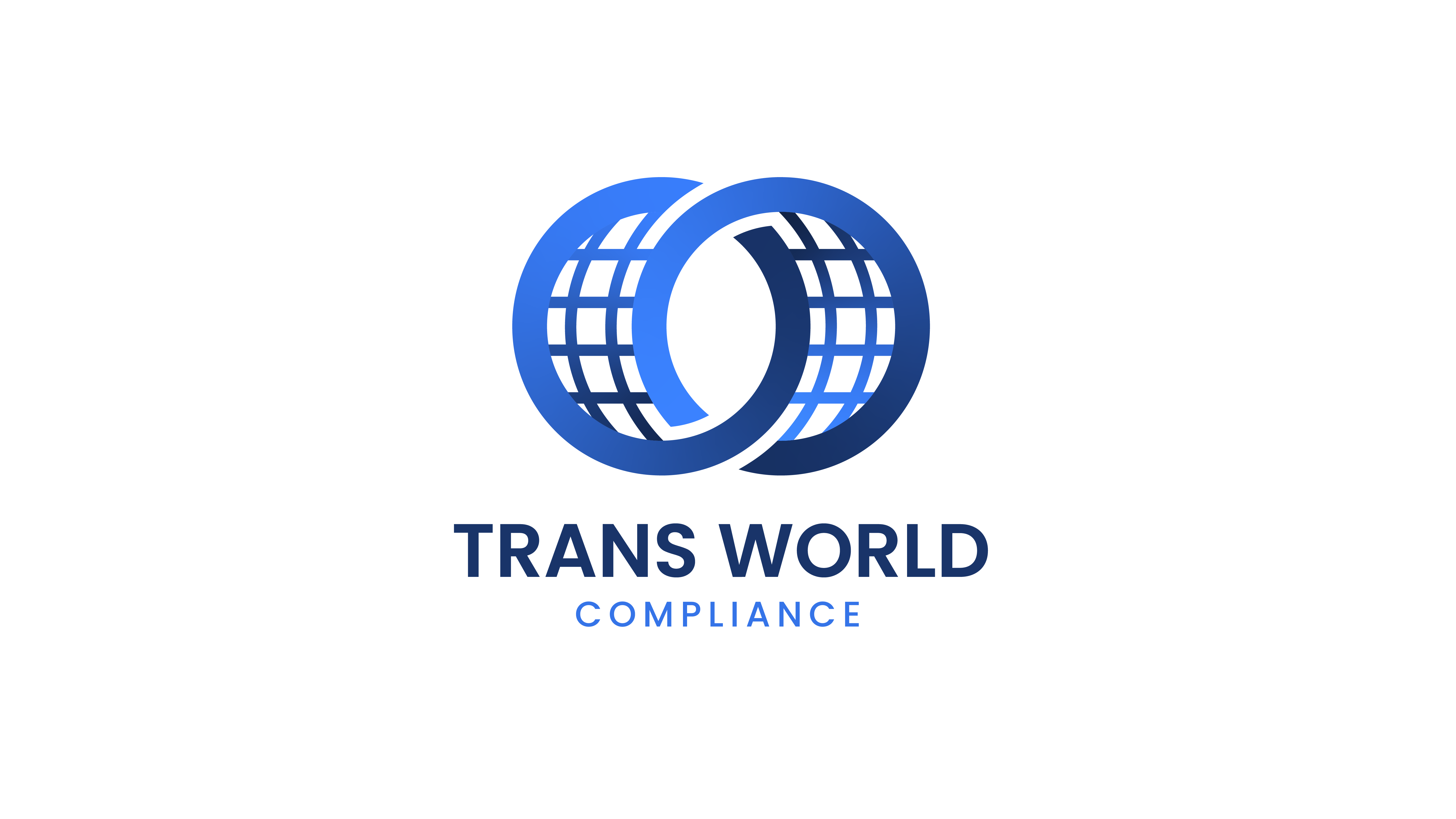For financial institutions in Latin America, complying with the Common Reporting Standard (CRS) and Foreign Account Tax Compliance Act (FATCA) is critical for maintaining access to global markets and avoiding regulatory sanctions. However, the path to compliance is fraught with challenges unique to the region, including regulatory inconsistencies, limited resources, and infrastructural constraints.
This blog looks into these challenges and highlights actionable solutions financial institutions can implement to improve compliance, enhance efficiency, and reduce risk.
1. Diverse Legal and Regulatory Frameworks
Latin America's patchwork of legal and regulatory frameworks creates a challenging environment for CRS and FATCA compliance. Different countries have varying reporting deadlines, formats, and requirements. Institutions operating across multiple jurisdictions must deal with conflicting regulations, often leading to errors, delays, and inefficiencies.
Financial institutions must establish an internal compliance committee or task force dedicated to monitoring and interpreting regulations across all jurisdictions where the institution operates. This team can maintain an up-to-date repository of compliance requirements, deadlines, and reporting standards.
Internal guidelines and workflows that standardize data collection and reporting processes should also be created, ensuring consistency across branches. Finally, staff across departments should be regularly trained on jurisdiction-specific regulations to reduce knowledge gaps and ensure accurate implementation of reporting standards.
2. Limited Resources for Compliance
Many financial institutions, particularly smaller ones, struggle with limited budgets, understaffed compliance teams, and insufficient training programs. Compliance tasks often fall on employees with other primary responsibilities, leading to inefficiencies and errors.
A potential solution to this challenge could be reorganizing internal workflows to prioritize compliance-related tasks during peak reporting periods. Dedicate specific time and resources to CRS and FATCA reporting activities.
Train employees from other departments to assist with compliance tasks during high-demand periods. This approach helps distribute the workload while improving overall awareness of compliance requirements across the organization.
However, the best solution might be to invest in a compliance solution
that assists financial institutions with CRS and FATCA reporting regulations and requirements. For example, Trans World Compliance's CRS/FATCA One simplifies reporting by raising red, yellow, and green flags to identify data deficiencies, indicia, and other issues.
3. Language and Communication Barriers
CRS and FATCA guidelines are typically published in English, which can lead to misinterpretations or delays in understanding for institutions in predominantly Spanish- and Portuguese-speaking countries. Miscommunication often results in reporting errors or non-compliance.
Translating official CRS and FATCA guidelines into the institution's working language and creating simplified, bilingual versions of key documents for internal use is essential. Also, develop and maintain a glossary of terms and acronyms related to CRS and FATCA, translated and explained for local staff.
4. Data Collection and Accuracy
Accurate and complete client data is critical for compliance, yet many institutions struggle with outdated records or unresponsive clients. Missing information leads to errors and increased audit risks. Financial institutions should schedule quarterly or biannual data reviews to identify missing or outdated client information and assign dedicated staff to verify and update records.
Other strategies include creating internal initiatives encouraging staff to prioritize collecting missing client information during routine interactions, such as account updates or customer service calls, and establishing protocols for consistent client follow-ups, emphasizing the importance of providing accurate information for compliance purposes.
5. Increased Regulatory Scrutiny
Tax authorities in Latin America and globally are stepping up audits, imposing heavier penalties for non-compliance, and demanding stricter adherence to CRS and FATCA regulations. Financial institutions face pressure to produce error-free reports and demonstrate robust compliance practices.
By developing a rigorous internal review process to double-check all reports before submission, identifying and correcting errors early, implementing regular internal audits to evaluate compliance workflows, pinpoint inefficiencies, and ensure adherence to regulatory requirements, and training staff through simulated audits and mock reporting exercises, helping them prepare for real regulatory inspections, financial institutions can ease the stress surrounding audits.
6. Digital Infrastructure Gaps
Outdated IT systems and manual reporting processes are prevalent across the region, making it challenging for institutions to handle the complexities of CRS and FATCA compliance. These limitations lead to inefficiencies, higher error rates, and increased operational costs.
Identify the most time-consuming manual tasks, such as data validation or report formatting, and prioritize their automation using internally developed tools or existing software solutions.
Trans World Compliance's CRS/FATCA One solution is designed to address the digital infrastructure challenges faced by financial institutions in Latin America. CRS/FATCA One enables institutions to automate complex compliance processes, validate and format data seamlessly, and generate error-free reports that meet jurisdiction-specific standards by offering a user-friendly platform tailored to the region's unique regulatory requirements.
Conclusion
Latin American financial institutions face significant challenges in achieving CRS and FATCA compliance, but these obstacles are not insurmountable. Institutions can meet regulatory requirements while improving operational efficiency by taking proactive, internally driven steps such as building centralized oversight teams, fostering cross-departmental collaboration, and investing in staff training.
Ultimately, CRS and FATCA compliance offers an opportunity for financial institutions to modernize their practices, build client trust, and reinforce their position as reliable participants in the global financial system.



